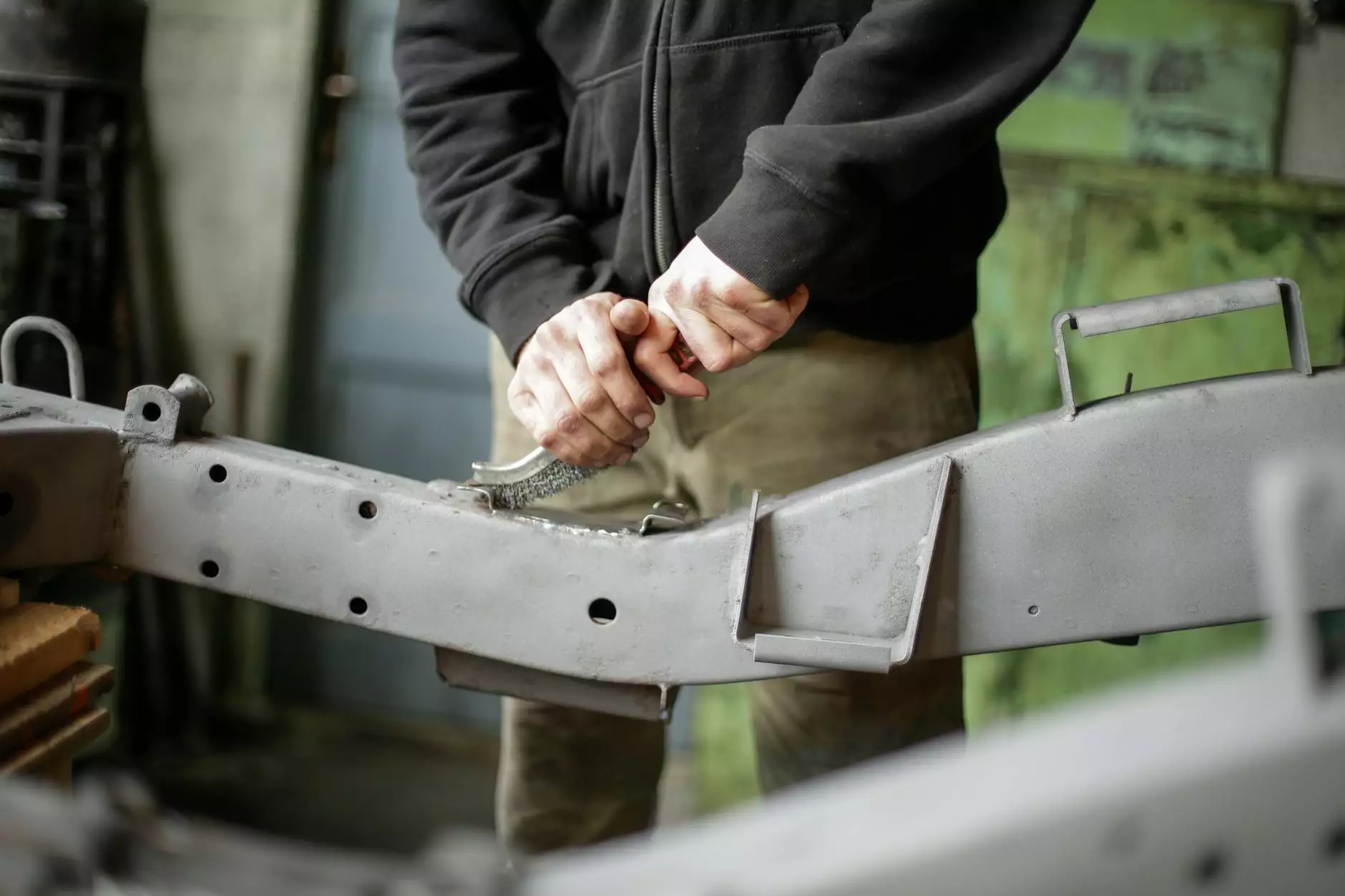Hydraulic Clutch and Brake Component Rusting
Chassis
Introduction
At Grafco Electric, we understand the frustrations that arise from the occurrence of hydraulic clutch and brake component rusting. Rusting not only affects the performance and durability of your hydraulic systems but can also lead to costly repairs and replacements.
The Causes of Hydraulic Clutch and Brake Component Rusting
Understanding the underlying causes of hydraulic clutch and brake component rusting is crucial in finding effective solutions. Several factors contribute to rust formation, which include:
- Moisture and humidity: The presence of moisture and high humidity levels accelerates rusting in metal surfaces.
- Corrosive environments: Exposure to corrosive substances such as chemicals, saltwater, or harsh weather conditions can speed up the rusting process.
- Lack of proper maintenance: Neglecting regular maintenance and protective coatings allows rust to develop and spread.
The Effects of Hydraulic Clutch and Brake Component Rusting
Unaddressed rusting in your hydraulic clutch and brake components can have detrimental effects on their functionality:
- Reduced performance: Rust formation on moving parts can cause friction and hinder smooth operation, leading to diminished performance.
- Increased wear and tear: Rust weakens the structural integrity of the components, increasing the risk of premature failure and costly repairs.
- Safety concerns: Rusting can compromise the overall safety of your hydraulic systems, posing a potential hazard to operators and equipment.
Solutions for Preventing Hydraulic Clutch and Brake Component Rusting
Grafco Electric offers effective solutions to prevent hydraulic clutch and brake component rusting, ensuring the longevity and optimal performance of your systems:
Regular Inspections and Maintenance
Implementing a proactive maintenance plan is vital in preventing rust formation. Regular inspections can identify early signs of rust and potential areas of concern, allowing for timely intervention and protection.
Protective Coatings
Applying suitable protective coatings to exposed metal surfaces is an effective measure against rusting. Coatings like anti-corrosion paints and coatings create a barrier, shielding the components from moisture and environmental factors.
Dehumidification
Controlling moisture levels in the environment where the hydraulic systems operate is crucial. Utilizing dehumidification methods, such as dehumidifiers or moisture absorbers, can significantly reduce the risk of rust formation.
Regular Cleaning
Thoroughly cleaning the hydraulic clutch and brake components helps remove contaminants that may contribute to rusting. Using appropriate cleaning agents and methods recommended for your specific components is essential.
Temperature and Humidity Control
Maintaining stable temperature and humidity conditions in the storage and operating areas can minimize the risk of rust formation. Avoiding extreme temperature fluctuations and high humidity levels will help preserve the integrity of your hydraulic systems.
Upgraded Materials
Consider upgrading to rust-resistant materials when replacing worn-out components. Stainless steel or galvanized parts offer increased protection and durability against rusting, extending the lifespan of your hydraulic systems.
Contact Grafco Electric for Effective Rust Prevention
Don't let hydraulic clutch and brake component rusting disrupt your operations. Contact Grafco Electric today for expert assistance and comprehensive solutions to prevent rust, ensuring your hydraulic systems perform optimally and last longer.




